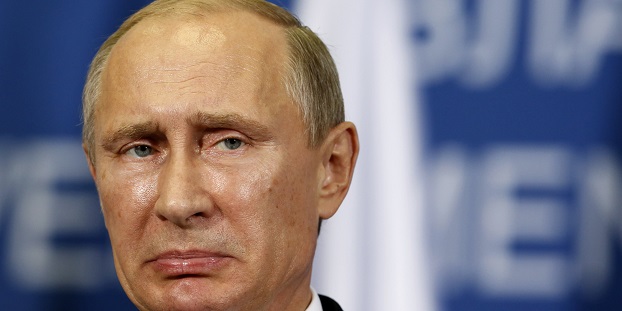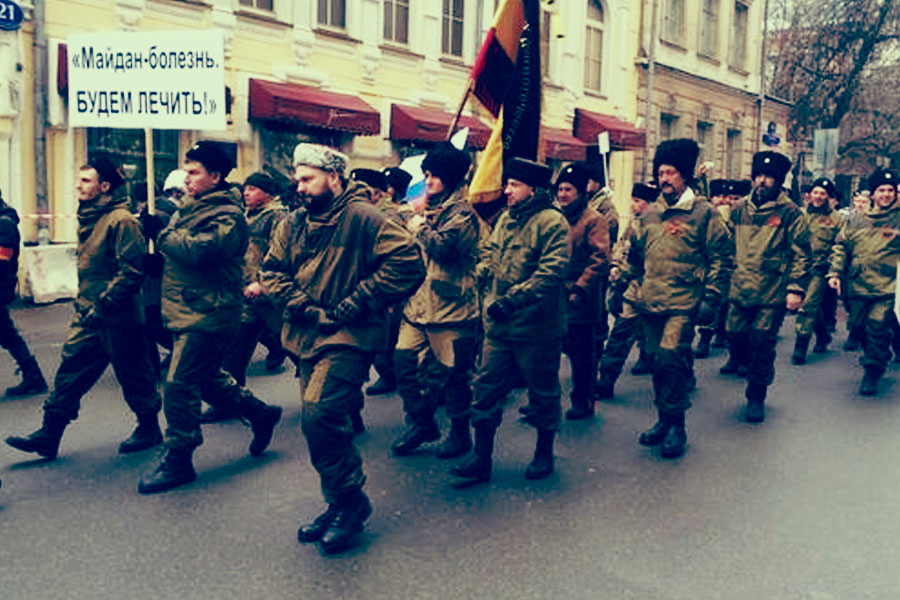With the murder of Boris Nemtsov, Vladimir Putin has caught up with and surpassed Italian Fascist leader Benito Mussolini, according to Igor Eidman, by casting off all moral constraints as Andrey Zubov suggests and putting him on the road to becoming “the most dangerous man in the history of civilization” in the words of Andrey Piontkovsky.
On Kasparov.ru, Eidman notes that in his recent book, “Putin’s New National Idea,” he outlined the many ways in which the authoritarian Putin regime had acquired “many of the aspects of a fascist dictatorship including an aggressive and annexationist foreign policy, the rule of state monopoly capital in the economy and of the force structures in the administration, and of chauvinism and clericalism in ideology.”
“The demonstration murder of Boris Nemtsov confirmed this conclusion,” the Moscow analyst says. “Of all the bloody political crimes, it most of all resembles the murder by Mussolini’s militants of the opposition deputy [Giacomo] Matteotti in 1924.* Then in Italy as now in Russia, the fascist regime was finally asserting itself.”
Eidman continues: “In Italy this murder sparked a most serious political crisis and put Mussolini’s regime at the edge of collapse. In Russia nothing like that has happened. The reason is that in Italy were still preserved some remnants of opposition in parliament and the relative independence of the judicial system.”
In Russia today, “Putin’s regime has gone much further along the path of imposing fascism than had the political regime of Italy at that time,” he argues. But even Mussolini “overcame the crisis … and achieved the complete suppression of the opposition and the concentration of power in his hands and then began aggressive military adventures.”
The current Kremlin leader “has already surpassed in this direction his Italian predecessor,” and it would appear that he is hurrying as quickly as he can “to the same end which Mussolini suffered.”
Andrey Zubov, a former MGIMO professor and outspoken critic of Putin’s policies in Ukraine, extends this analogy by observing that Nemtsov’s murder “under the walls of the Kremlin” is “a sign that the regime has chosen the path of a undiluted criminal-terrorist regime,” one that wants to “throw off all legal norms” both abroad as in Ukraine and at home as well.
In the wake of the assassination of Nemtsov and the Kremlin’s response, Zubov continues, “anyone who has any relationship to the powers that be has to decide for himself whether he is with this terrorist and criminal regime or whether at a minimum he will not take part in its actions or will even resist it.” There is no third choice.
And given Putin’s amorality, his possession of nuclear weapons, and his faith that no Western leaders will stand up to his aggression abroad or his repression at home, Putin has become, Russian commentator Andrey Piontkovsky says, “the most dangerous man in the history of civilization.”






